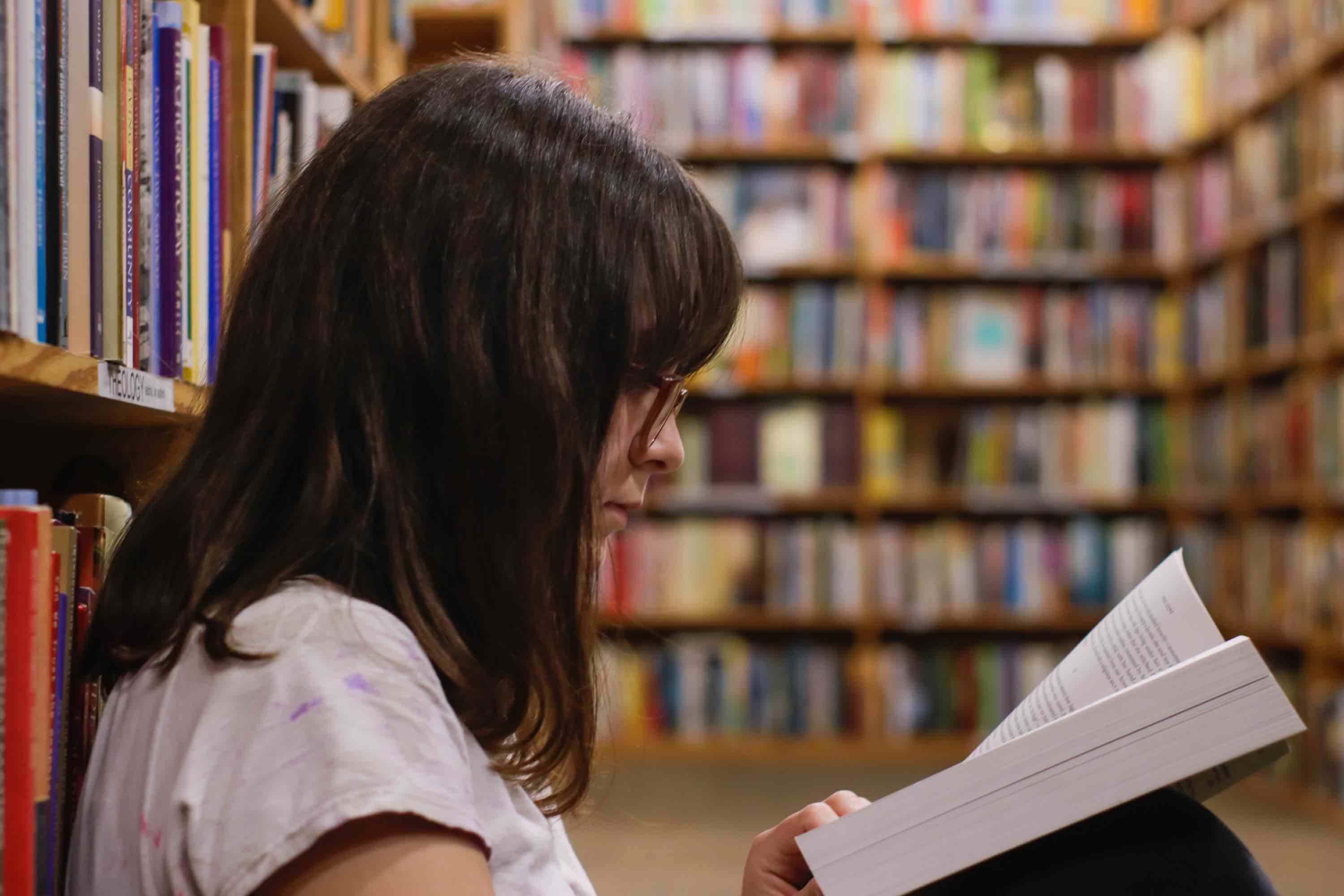Reading Aloud at Home Document
Grades K - 3
Background knowledge is a reader's understanding of the specific concepts, situations and problems associated with the words encountered in the text. Knowledge of the topic provides readers enough understanding to make meaning and build onto what they currently know. Background knowledge may also be referred to as content knowledge. It is closely tied to vocabulary, an understanding of word meanings, however, it goes beyond to mean understanding the circumstances, situations, or ideas that impact comprehension of the reading.
Prior knowledge differs slightly from background knowledge. Prior knowledge includes the experiences, understandings, skills, and abilities children bring to the learning process, including cultural and language knowledge (Hennessy, 2021). These understandings are essential foundations for future learning as learners connect those pieces of information to new learning. Essentially, children build upon prior knowledge to develop a depth of background knowledge in specific areas.

Authors of text assume readers have enough background knowledge to access the meaning to work with the text. Therefore, as children read increasingly more complex text, their background knowledge will help them comprehend and develop further understanding. This is because "...knowledge is not only cumulative, it grows exponentially. Those with a rich base of factual knowledge find it easier to learn more - the rich get richer." (Willingham, 2006). In some research studies, having some background knowledge of the text topic was more valuable to comprehension than strategies such as visualizing, summarizing, predicting, or making inferences. In fact, having some background knowledge helps readers use strategies to make sense of their reading.
Classroom teachers contribute towards building children's content knowledge through read-alouds, first hand experiences, classroom conversation, and interactions with all types and genres of text across the curriculum. Meaningful learning experiences in all curricular areas contribute towards children gaining knowledge about their world to apply to unfamiliar texts.
Grades K - 3
Grades K - 7
Grades K - 2
Grades K - 3
Grades K - 7
Grades K - 7
Grades K - 7
Grades K -3
Surrey Schools (SD36)
14033 92 Avenue
Surrey, B.C. Canada
V3V 0B7
Phone: 604-596-7733
We are the largest school district in BC and serve Surrey, White Rock and the rural area of Barnston Island.
Copyright © 2024 Surrey School District. Developed by the Surrey Schools Literacy Team. Admin.